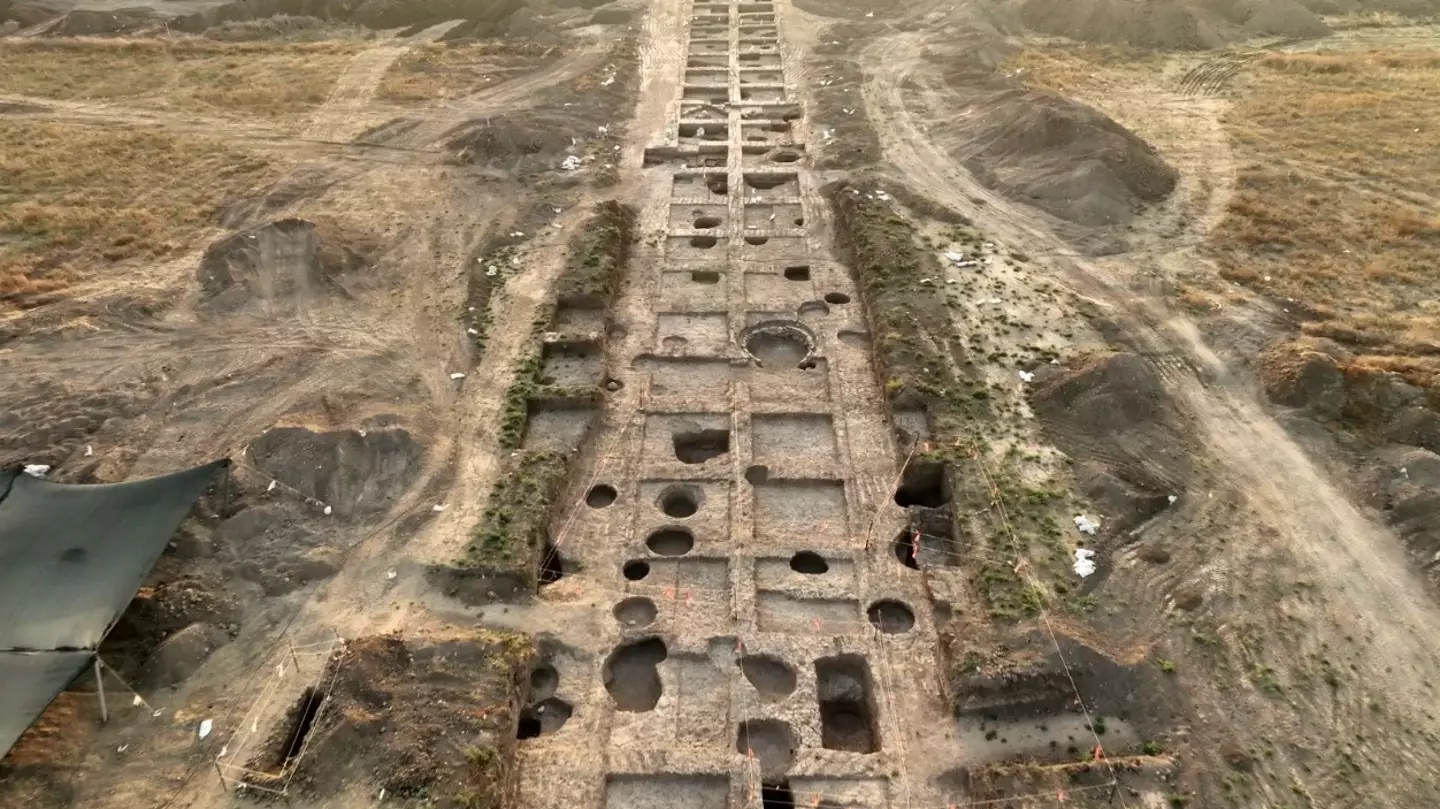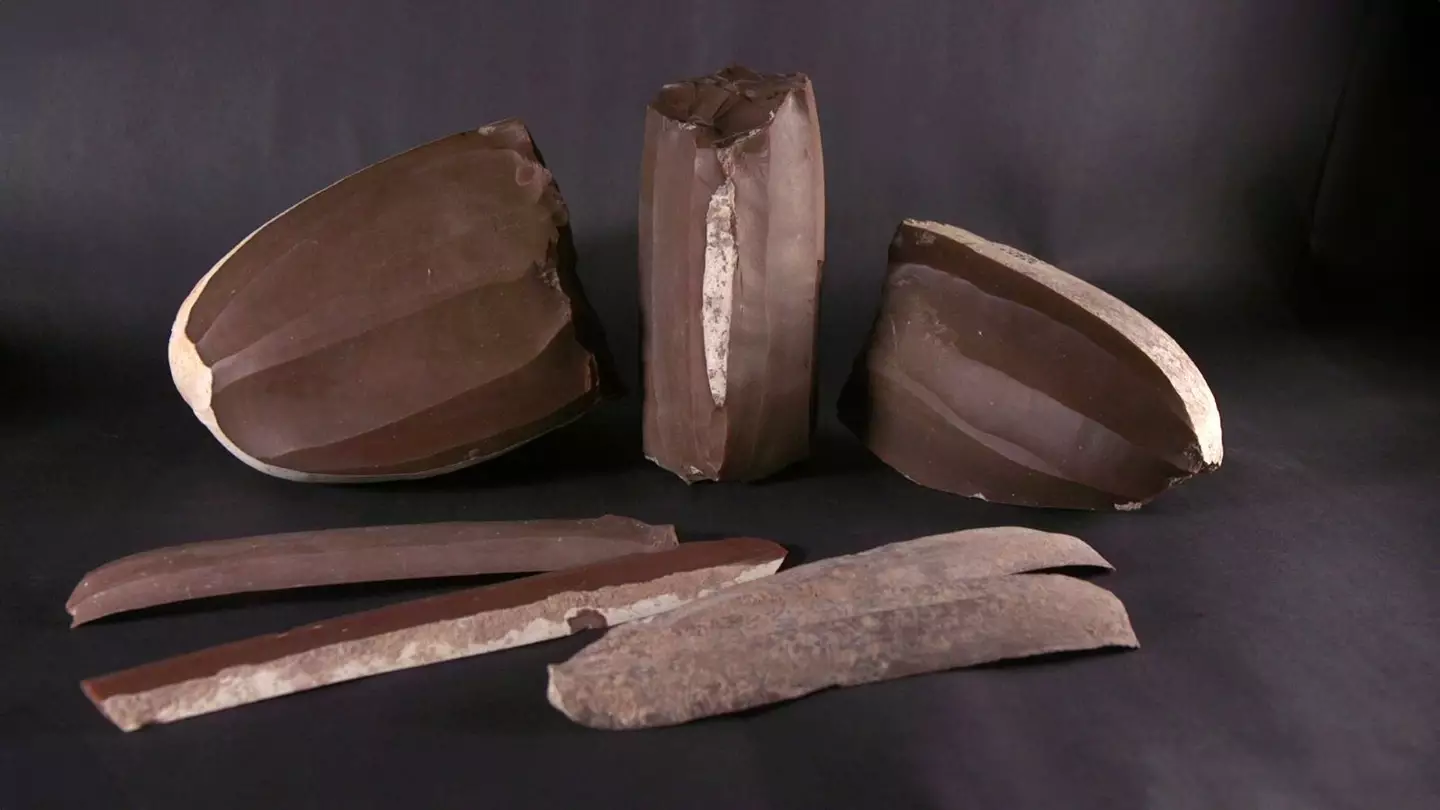
Archaeologists have managed to uncover a factory from over 5,500 years ago that could prove vital in research to solve one of the Bible's biggest mysteries.
Fragments of biblical mysteries are constantly being uncovered by archaeologists and researchers in an attempt to piece together the past, and it ranges from coins that links to prophecies made by Jesus to 'proof' of a great flood that brought about Noah's Ark.
There have even been recent discoveries that have linked the disappearance of the Ark of the Covenant to new locations, as evidence surrounding one of the Bible's most iconic sites of worship have been revealed.
However, this might just all be topped by a staggering recent discovery, as archaeologists have managed to unearth a factory dating back 5,500 years that could prove the existence of a collection of people that has been long contested.
Advert

As reported by the Daily Mail, the ruins of a massive factory believes to be linked to the construction of ancient blades appears to offer the clearest evidence so far that the Canaanites did indeed exist, solving one of the Bible's longest-running questions.
The significant workshops were found in Kiryat Gat, which is around 40 miles from Tel Aviv, and emerges as the first of its kind in the region.
Hundreds of underground pits that likely served as storage areas, workshops, and even living spaces make up a factory that is understood to have made flint blades, with massive stones being used to shape and mold the ancient weaponry.
The Canaanites themselves are believed to be the people that inhabited the region once known as Canaan, which is a Bronze Age civilization that roughly covers what's known as the Levant in West Asia.
According to the Old Testament (or Hebrew Bible), Canaanites inhabited the area before they were conquered by the Israelites under Joshua, and were originally under Egyptian rule.

The discovery of this factory has shed further light on how advanced their technology was all those years ago, with historian Dr Jacob Vardi of the Israel Antiquities Authority noting:
"This is a sophisticated industry, not only because of the tools themselves, but also because of what is not found. The waste fragments, the debitage, were not scattered outside the site, perhaps the better protect and preserve the professional knowledge within the group of experts.
"Today, we understand that this site served as a center, from which Canaanite blades were distributed across broad regions of the Levant."
It shows that local societies in this region were more complex than previously thought, offering a level of organization and professional specialization that archaeologists and historians might not have expected.
